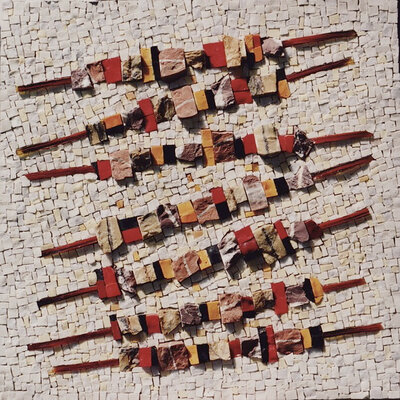Photography: Stories and projects
Photography and digital image manipulationBooking closed
- Tutor
- Marcus Bastel
- Date
- 4 April 2024 to 23 May 2024
- Location
- London
- Price
- £975.00
- Ability
- Beginners/Intermediate
- Reference
- K8P32156

Booking closed

Booking closed

Booking closed

Booking closed

Booking closed

Booking closed

Booking closed

Booking closed

Booking closed

Booking closed

Booking closed

Booking closed

Booking closed

Booking closed

Booking closed

Booking closed

Booking closed - Join waiting list

1 place available - Contact us

Booking closed - Join waiting list

Booking closed - Join waiting list

Booking closed - Join waiting list

1 place available - Contact us

Booking closed - Join waiting list

Places available - Contact us